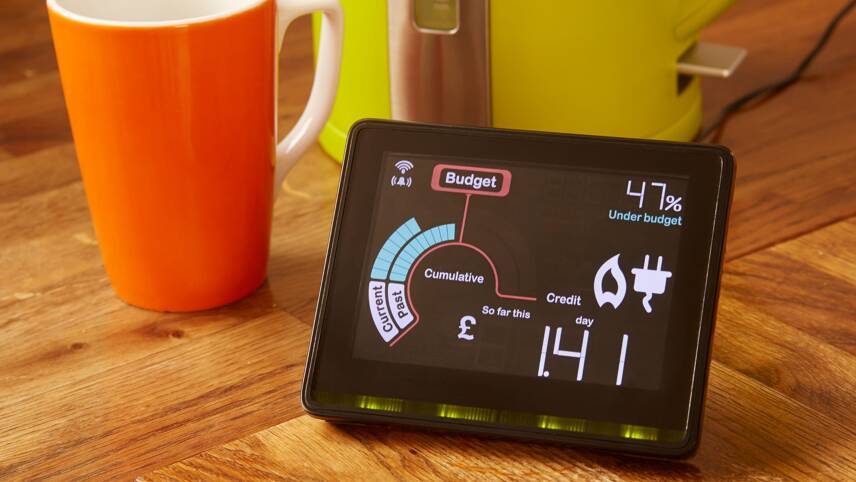This is the Sponsored paywall logged out

Energy suppliers need to renew confidence in the smart meter rollout following the coronavirus pandemic, EDF’s managing director of retail has told Utility Week.
Philippe Commaret also said he was looking forward to bringing some of EDF’s 400 furloughed employees back as the country looks to easing the lockdown measures.
Speaking to Utility Week this afternoon (13 May) he added that the supplier does not expect to furlough additional staff.
He said he expected field activities to restart in “the coming weeks” but stressed that all retailers would have to find a way to overcome an apparent reluctance from the public to allow workers in their homes.
The latest statistics show that at the end of 2019 16.5 million smart advanced meters were operating in Great Britain, but the rollout has all but stalled since the lockdown was announced by the government in late March, with only emergency installations being permitted.
Commaret said:“A key concern that we have is customer behaviour. One of the things that may have impacted customer behaviour is probably their willingness to have someone come to their household to install a device. When you look at surveys by Smart Energy GB for example there is a large proportion of UK citizens that are pretty reluctant at the moment to see someone coming into their household. 
“So what we are going to assess in the coming weeks when we restart the field activities is how much and how fast can we ramp up activity. We don’t have the answer yet.
“The key success factor will be definitely to recreate confidence with customers, so we have to demonstrate to them that when we are going to install a smart meter, it is going to be safe for the customer and for our employee. To do so, we are reviewing our protocols in order to stay for as little time as possible in the house and also to maintain social distancing from the customer.”
The latest government guidance on working safely in homes was published earlier this week. Those entering homes are required to maintain two metres social distancing “where possible” and ensure that workspaces are kept clean.
The document also refers to the use of personal protective equipment (PPE), stating that the use of additional PPE beyond that usually required is not beneficial as the virus needs to be managed through social distancing and hygiene. There are exceptions in clinical settings such as a hospital, however.
Furthermore, the guidance points out that while evidence suggests the wearing of a face covering does not protect the wearer, it may protect others if the wearer is infected and has not developed symptoms.
Where multiple workers are in a home, employers are advised to create fixed teams in which workers can carry out their duties and minimising contact between each team. Additionally, the same workers should be allocated to the same household each time there is a visit.




Please login or Register to leave a comment.